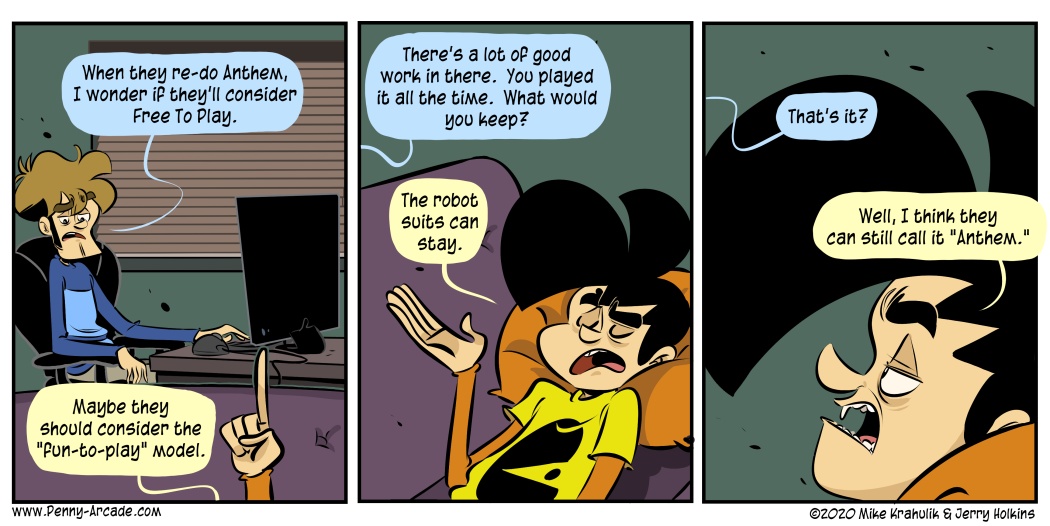It's been a couple weeks discussing reviews and reviewers around here, but somewhere along the way I neglected to mention that their job is essentially impossible. The 7-9 scale they toil under is largely the result of an uneasy peace between the business and editorial wings of the venue. No matter what score they give it, high or low, they're reviled equally by the online chorus. Apparently, even when they do it right they're doing it wrong.
Jeff Gerstmann is no stranger to controversy. In general terms, Gamespot can be relied upon to give high-profile games scores which are slightly lower than their counterparts elsewhere. It's almost as though there is an algorithm in place there to correct the heady rush associated with cracking open an anticipated new title. Gerstmann's review of Twilight Princess cemented his reputation as a criminal renegade with no law but his own, even though he gave the game an 8.9 - a nine, essentially - out of ten.
I will tell you the Gerstmann Story as we heard it. Management claimed to have spoken to Jeff about his "tone" before, and no doubt it was this tone that created tensions between their editorial content, the direction of the site, and the carefully crafted relationships that allowed Gamespot to act as an engine of revenue creation. After Gerstmann's savage flogging of Kane & Lynch, a game whose marketing investment on Gamespot alone reached into the hundreds of thousands, Eidos (we are told) pulled hundreds of thousands of dollars worth of future advertising from the site.
Management has another story, of course: management always has another story. But it's the firm belief internally that Jeff was sacrificed. And it had to be Jeff, at least, we believe, precisely because of his stature and longevity. It made for a dramatic public execution that left the editorial staff in disarray. Would that it were only about the 6.0 - at least then you'd know how to score something if you wanted to keep your Goddamned job. No, this was worse: the more nebulous "tone" would be the guide. I assume it was designed to terrify them.
For Gabriel, this tale proves out his darkest suspicions. People believe things like this anyway, but they don't know it, and the shift from intuitive to objective knowledge is startling. I think it rarely gets to this point. The apparatus is very tight: there are layers of editorial control that can massage the score, even when the text tells a different tale. A more junior reviewer might have seen their Kane & Lynch review streamlined by this process, divested of its worrisome angles and overall troubling shape. It was Jeff Gerstmann's role high in the site's infrastructure that allowed his raw editorial content to pierce the core of the business.
(CW)TB out.
